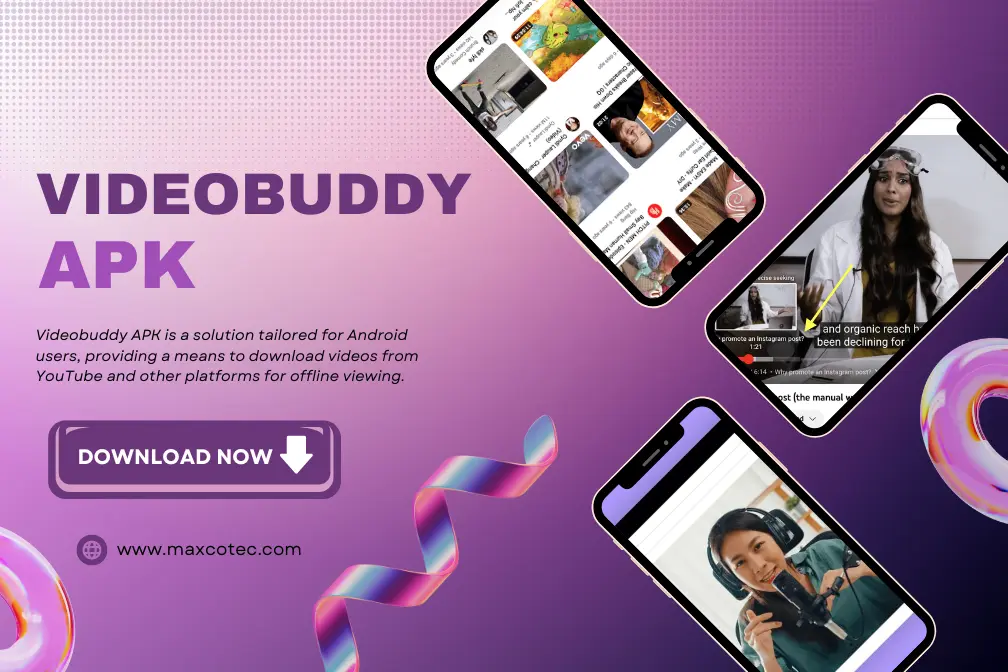The acquisition of language skills has been greatly impacted by the emergence of the digital era in our rapidly evolving contemporary context. In contemporary times, language acquisition is no longer confined to the traditional classroom setting. Advancements in state-of-the-art technology, such as artificial intelligence, virtual reality, and augmented reality, have brought about a significant transformation in the field of language studies. This article explores the recent developments in English language education, with a specific focus on how these resources improve students’ spoken communication skills.
The Digital Language Learning Landscape
The choice of options for persons looking to improve their language skills has substantially expanded as a result of the increasing availability and usage of digital technology. In recent years, there have been a number of important developments, including the following:
Mobile Language Learning Apps
The field of language learning has been greatly transformed by the use of mobile devices. Language-learning applications like Duolingo, Babbel, and Rosetta Stone make it easier to learn a new language by offering a pleasant and convenient learning experience. Artificial intelligence algorithms facilitate the programs’ ability to customize instruction for individual users and provide real-time responses to their activities.
AI-Powered Language Learning
The development of advanced artificial intelligence technologies has greatly improved the process of learning a foreign language. Artificial intelligence (AI) algorithms are utilized by language-learning services like Babbel and Memrise to create personalized lesson plans. These algorithms evaluate an individual’s level of proficiency and pinpoint areas where they may have gaps in their knowledge. This allows for the creation of personalized practice and assessment opportunities.
Virtual Reality for Immersion
Virtual reality (VR) allows students to fully immerse themselves in authentic foreign language environments. Virtual reality headsets allow students to participate in immersive experiences that simulate real-life situations, helping them enhance their communication skills with native speakers. This technology is particularly valuable for improving students’ ability to engage in authentic conversations. It provides a secure environment for practicing and enhancing their proficiency.
Augmented Reality Language Lessons
Augmented reality (AR) can greatly enhance the process of learning a new language by allowing learners to fully immerse themselves in authentic environments. Google Translate and other similar applications utilize augmented reality technology to offer real-time translation of text, making it easier to navigate in unfamiliar surroundings. Using augmented reality flashcards and other interactive learning aids can greatly enhance the enjoyment and engagement one experiences when acquiring proficiency in a new language.
Discover Uberduck – Amazing Way of Making Music Using AI Vocals only on Tech Blogs In USA.
Online Language Tutors

The availability of online language teaching services has greatly increased the accessibility of one-on-one language instruction. Spanish tutors, for instance, can greatly improve their language skills by working with online teachers who offer personalized instruction and prompt feedback.
Enhancing Speaking Skills in the Digital Age
These trends, namely AI, VR, and AR technologies, are transformative in various ways. In this discussion, we will focus on how they specifically enhance speaking skills in language learning.
AI-Powered Pronunciation Feedback
Artificial intelligence-based language learning systems have the ability to analyze a person’s speech and offer instant feedback. The system actively analyzes the user’s spoken words and compares them to those of native speakers. Afterward, it offers valuable feedback by providing corrections and recommendations that are designed to improve the user’s language proficiency. Real-time feedback is highly beneficial for improving one’s speaking skills.
VR Language Immersion
Virtual reality possesses inherent immersive qualities that render it a highly suitable instrument for the acquisition and exploration of a foreign language. In virtual educational environments, students are provided with the option to participate in speaking exercises using artificial intelligence-powered avatars or by directly interacting with genuine native speakers. Learners are provided with the opportunity to participate in speaking exercises without the concern of being evaluated, thereby improving their fluency and self-confidence.
AR Interactive Conversations
The utilization of augmented reality can convert regular environments into functional language laboratories. Augmented reality language learning programs possess the capacity to convert physical objects, such as signs and labels, found in the real-world environment, into the target language being studied. This feature facilitates the active participation of students in meaningful discussions and enhances their ability to understand written materials in the target language.
Online Language Tutors and Conversation Partners
In the digital age, language learners have a powerful tool at their disposal for boosting their language skills: online language tutors and conversation partners. These digital resources, like the Online Spanish tutors available on platforms such as italki, have become a valuable asset to students striving for linguistic proficiency. Through these platforms, students gain the opportunity to engage in authentic conversations, refine their pronunciation, and receive immediate feedback from experienced tutors. What sets these courses apart is their personalized approach, tailored to meet the unique needs and skill levels of individual students.
Play Free Tetris Unblocked Classic Game Online, is a thrilling online gaming experience that brings the timeless classic.
Challenges and Considerations
The field of language learning has experienced significant changes with the advent of the digital era. However, it is important to acknowledge that these advancements come with their own challenges and require careful consideration. The following considerations are of utmost importance:
Tech Dependence
Excessive dependence on technology may hinder the development of fluency in natural languages. Finding a balance between studying from digital sources and engaging with real people and cultural activities is of utmost importance.
Privacy and Data Security
Many language-learning systems employ user data as their currency. It’s critical to be aware of privacy concerns and to select platforms that prioritize data security.
Quality of Content
There is significant variation in the quality and effectiveness of digital materials available for language acquisition. It is imperative to exercise caution when choosing websites and applications, ensuring their credibility in providing accurate information and employing effective pedagogical methods.
The Future of Language Learning
Language learning in the digital age looks promising. The development of AI, VR, and AR technologies is projected to increase user immersion and customization. As these tools become more accessible, learners will have more opportunities to enhance their verbal communication and cultural understanding.
Conclusion
In conclusion, the digital era has brought new language-learning methods to improve oral competence. AI-powered pronunciation feedback, virtual reality immersion, augmented reality interactions, and online language instructors are currently accessible to learners. These tools are making language learning more accessible, engaging, and effective than ever. These trends and advances will allow us to explore many language options as we continue.






